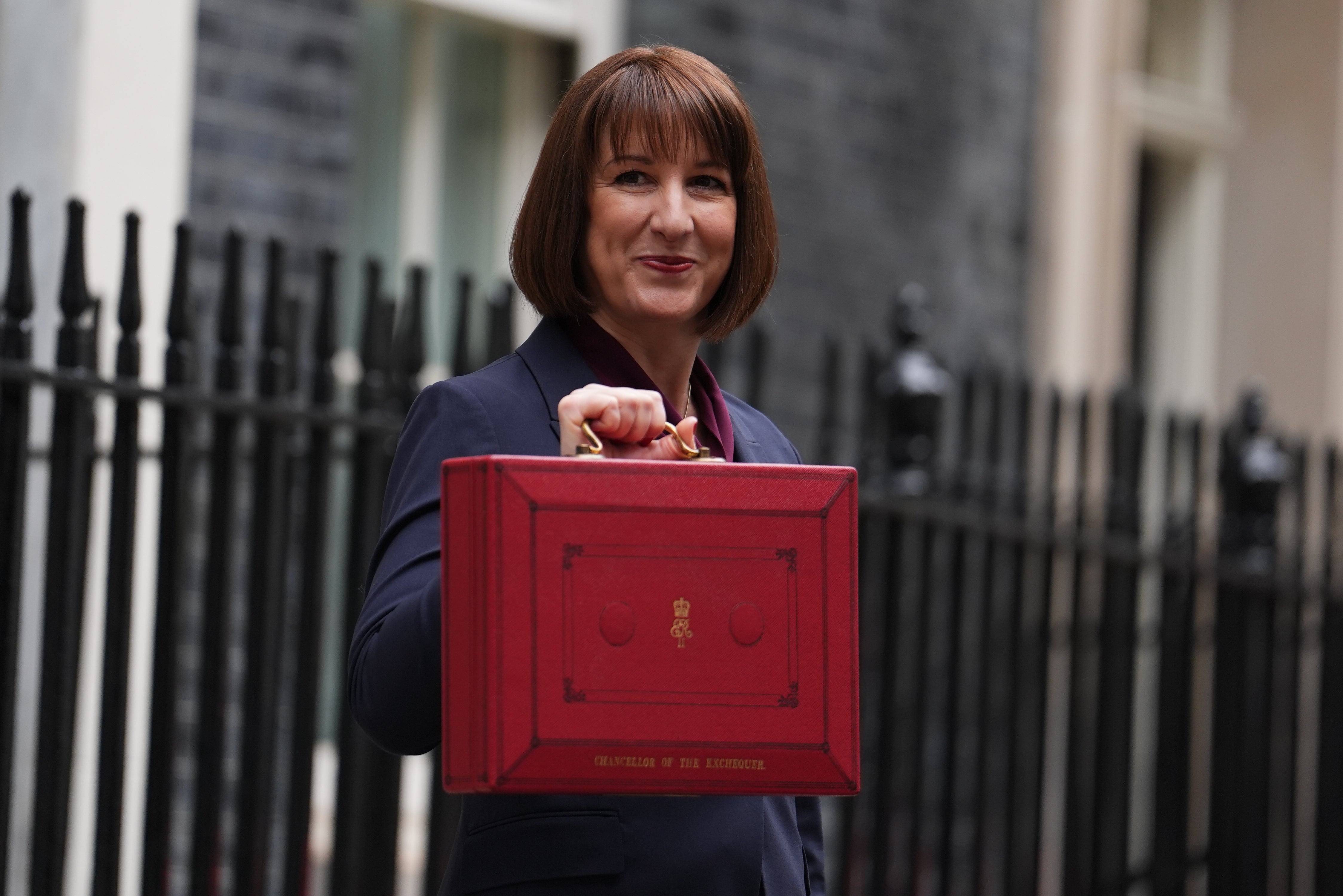UK interest rates ‘to fall more slowly’ after tax rises and spending hikes in Rachel Reeves’ Budget
Influential Organisation for Economic Co-operation and Development also warns ‘risks and uncertainties high’ for global economy
UK interest rates will fall more slowly than expected following the tax rises, spending hikes and increased borrowing Rachel Reeves announced in her autumn Budget, an influential report has warned.
In its annual economic survey, the Organisation for Economic Co-operation and Development (OECD) said UK inflation will also surpass previous forecasts next year, and upgraded growth projections for the economy, because of a Budget boost.
The OECD also warned that “risks and uncertainties are high” for the global economy, although added that it would “remain resilient” over the coming years.
The global economy is predicted to grow by 3.2 per cent this year and 3.3 per cent next year, the organisation said.
It reflects a slight improvement from its predictions of 3.1 per cent and 3.2 per cent respectively, from its September interim report.

Meanwhile, UK gross domestic product (GDP) is predicted to rise by 0.9 per cent this year.
This is a downgrade from its previous 1.1 per cent forecast after recent data from the Office for National Statistics (ONS) showed that the economy only grew by 0.1 per cent in the third quarter of the year.
“But momentum is positive nevertheless, with retail sales on an upward trend since early 2024,” the report added.
It indicated that GDP growth will now strengthen to 1.7 per cent next year as it is “boosted by the large increase in public expenditure set out in the autumn budget”. This will then slow to 1.3 per cent in 2026.
Previously, the OECD had forecast 1.2 per cent GDP growth for next year.
In October, the chancellor set out plans for almost £70 billion a year of extra public spending, funded through tax rises and increased borrowing.
The OECD said on Wednesday that interest rates, which currently sit at 4.75 per cent, are expected to fall back to 3.5 per cent by early 2026.
However, it said higher consumption, partly caused by the autumn Budget, meant this is not as sharp a drop as previously forecast.
The report said: “Fiscal policy will be tightening over 2024-26, though by less than expected, with significant fiscal loosening in the tax, spending, and borrowing package announced at the autumn Budget.”
This is partly linked to higher-than-expected inflation, with the OECD predicting headline inflation of 2.7 per cent for next year.
It had previously pointed towards inflation of 2.4 per cent for the year.
Inflation is then expected to fall to 2.3 per cent in 2026, but will therefore still remain above the Bank of England’s 2 per cent target rate.
Join our commenting forum
Join thought-provoking conversations, follow other Independent readers and see their replies
Comments
Bookmark popover
Removed from bookmarks